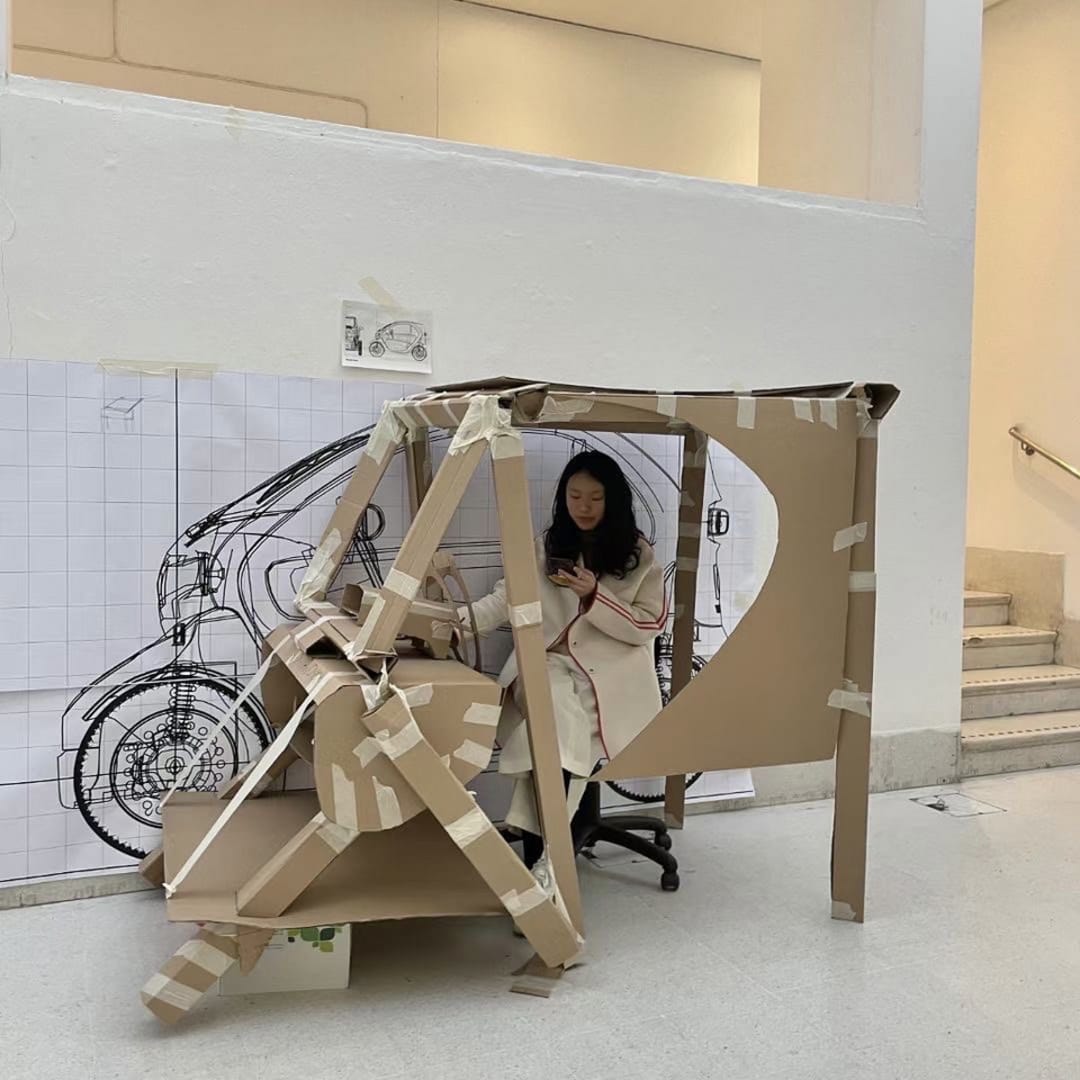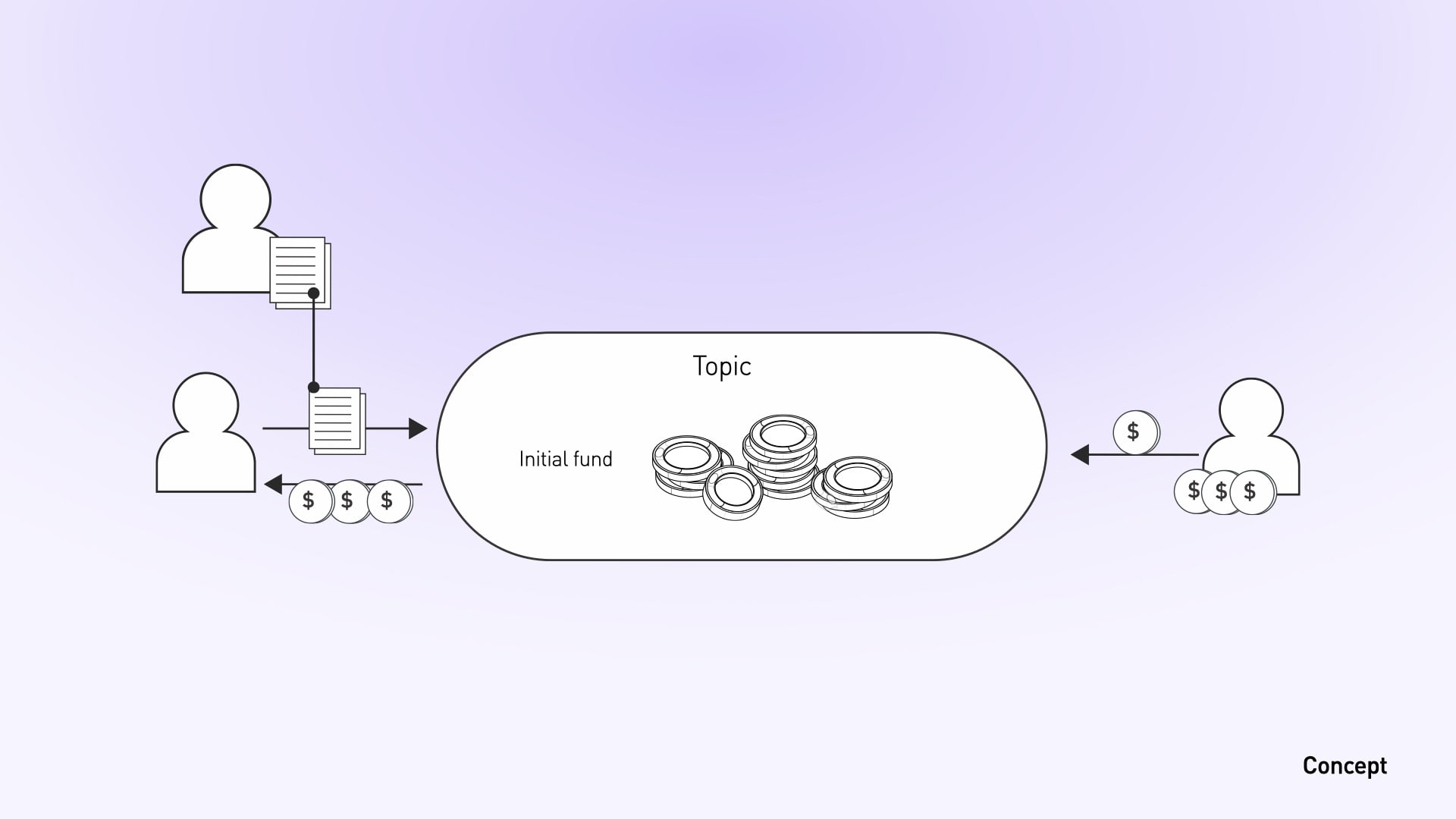Palomar is a decentralized writing platform, that aims to connect and reconstruct knowledge. In this project, I proposed the concept of “links as tokens”, to explore more sustainable business models for creators.
Yuchen Li


Before I studied service design at RCA, I graduated from the University of Liverpool with an architecture degree. Transit from physical space design to digital space design, I want to create meaningful human experiences ranging from physical cityscapes to digital universes, to drive engagement in everyday life.
I am passionate about designing for the future. During my studies at RCA, I designed the future of the internet, cooperated with the web3 platform, produced a metahuman film for EPIC, and proposed a digital fragrance delivery system partnership with IFF. I am a visionary, and I believe in starting from sketches and models, a designer can make the seemingly unattainable future real.










